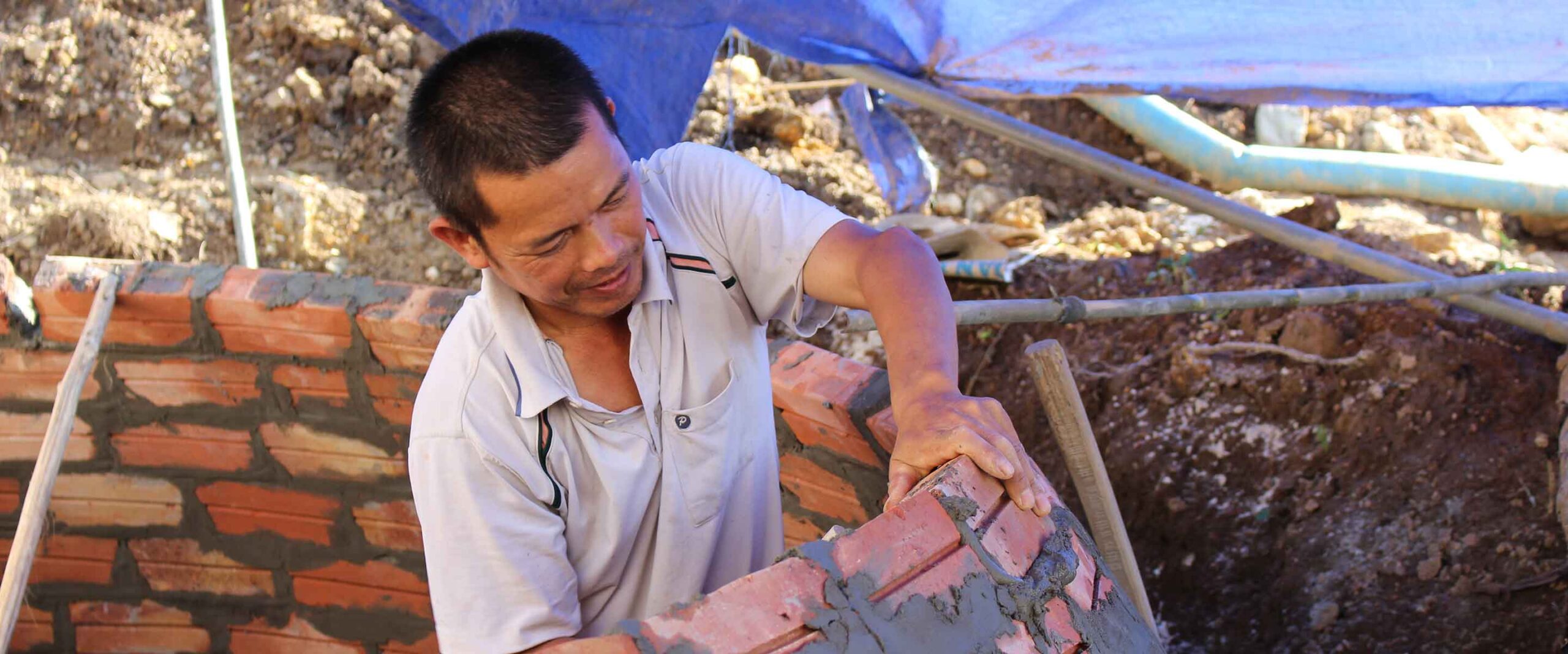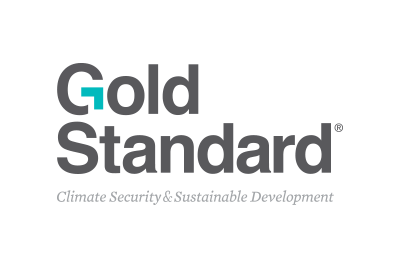By installing biogas digesters in households across Vietnam, this project provides rural families with a clean and affordable source of energy. Use of these digesters reduces reliance on traditional fuels which lessens greenhouse gas emissions, prevents deforestation, and improves community health.
Where & Why
Vietnam is home to millions of small family farmers, many of whom raise livestock such as pigs and cattle. The waste from these animals produces large amounts of methane emissions – a greenhouse gas that is even more potent than carbon dioxide. Since 1990, Vietnam’s methane emissions have nearly doubled. In addition to fueling climate change, the waste produced by these animals can lead to water pollution and poor sanitation when it is not properly managed. This poor waste management can cause health issues for many local families.
In order to create energy, many families in rural Vietnam burn wood or conventional fossil fuels indoors. This process emits harmful particles into the air which can lead to respiratory illness. Parts of Vietnam experience limited access to traditional cooking fuels and firewood, and are affected by the increasing price of commercial fuels. Despite recent development, 59% of Vietnam’s small family farms remain below the national poverty line. Fuel costs are just one more financial burden on these communities.
How & Who
This project installs biogas digesters in rural households, providing families with sustainable and affordable energy. Local people are trained to build and maintain the digesters which work by collecting human and animal waste in a brick reservoir. When this waste decomposes, it releases methane gas which is piped into homes and used for cooking and lighting. The remaining is converted into an organic compost that can be used to fertilize their crops.
As of 2017, the project has supplied 158,500 biogas digesters and over 2,600 local people have been trained as masons and technicians. The digesters provide a clean, renewable, and reliable source of energy for 790,000 rural individuals. By converting methane from animal waste into household fuel, the project lessens harmful greenhouse gas emissions and prevents indoor air pollution. Since the project reduces reliance on wood fuel it also helps to protect surrounding forests areas, while reducing income spent on fuel and time spent collecting firewood. The project also improves sanitation and reduces water pollution by removing animal manure from the surrounding area.

Environmental Benefits
- Minimizes deforestation by reducing wood fuel needs
- Mitigates climate change by converting animal waste into household fuel
- Decreases water pollution
- Produces organic fertilizer

Community Benefits
- Improves indoor air quality and sanitation
- Provides affordable energy to rural families
- Trains local people and creates rural jobs
- Decreases time spent by women collecting firewood
Project Type

Energy
Location
Annual CO2 Reduction
500,000 metric tons CO2e
SDGs Supported
Verification Standard
Project Developers
SNV Netherlands Development Organisation
Ministry of Agriculture and Rural Development (MARD)
Project Documents
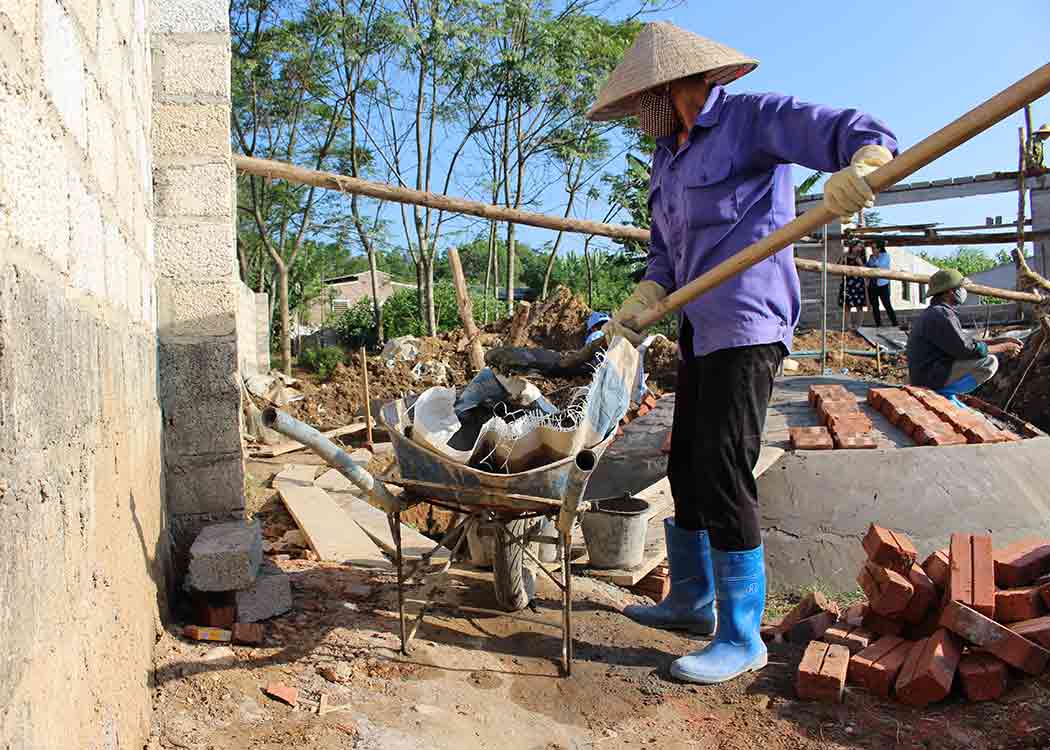
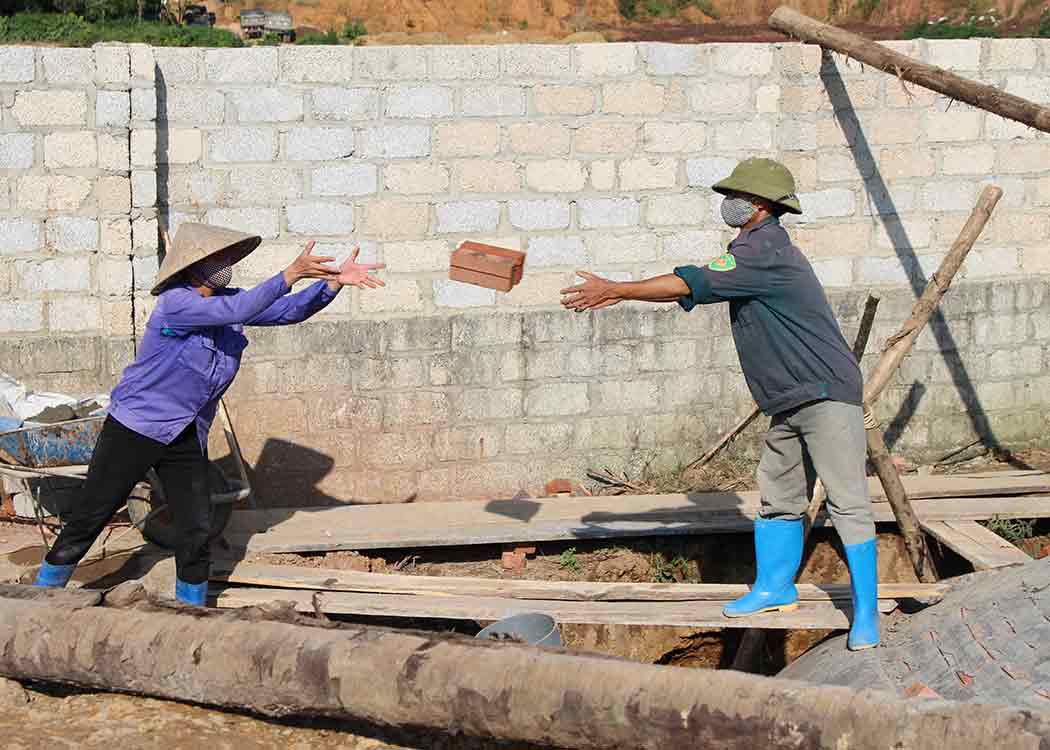
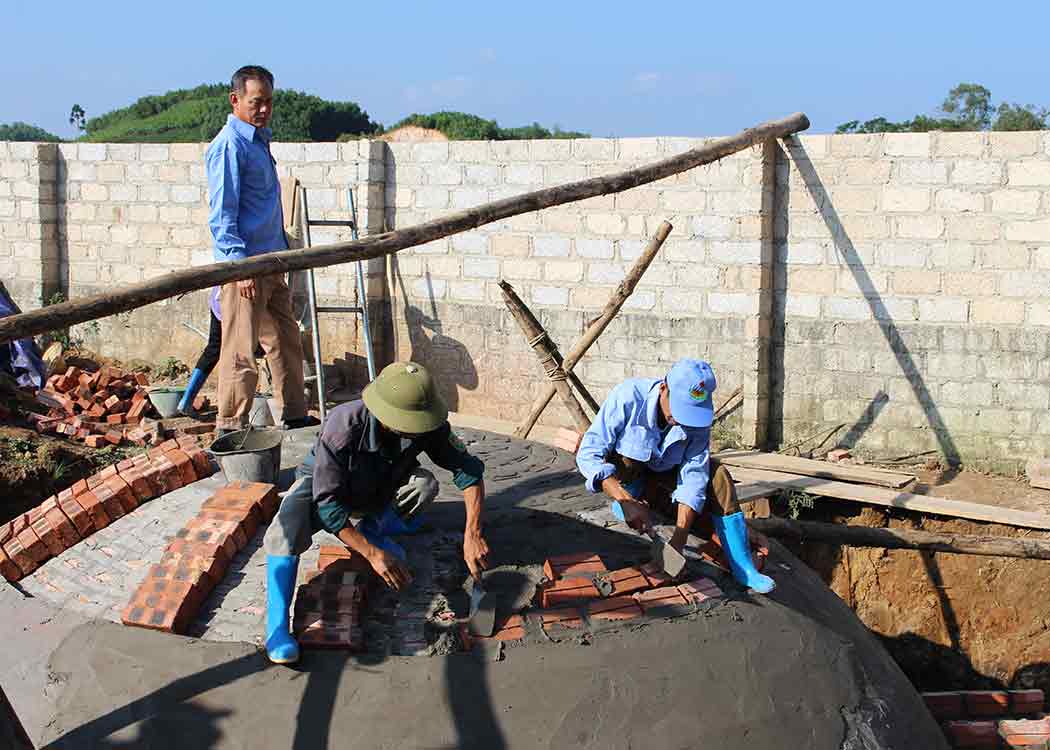
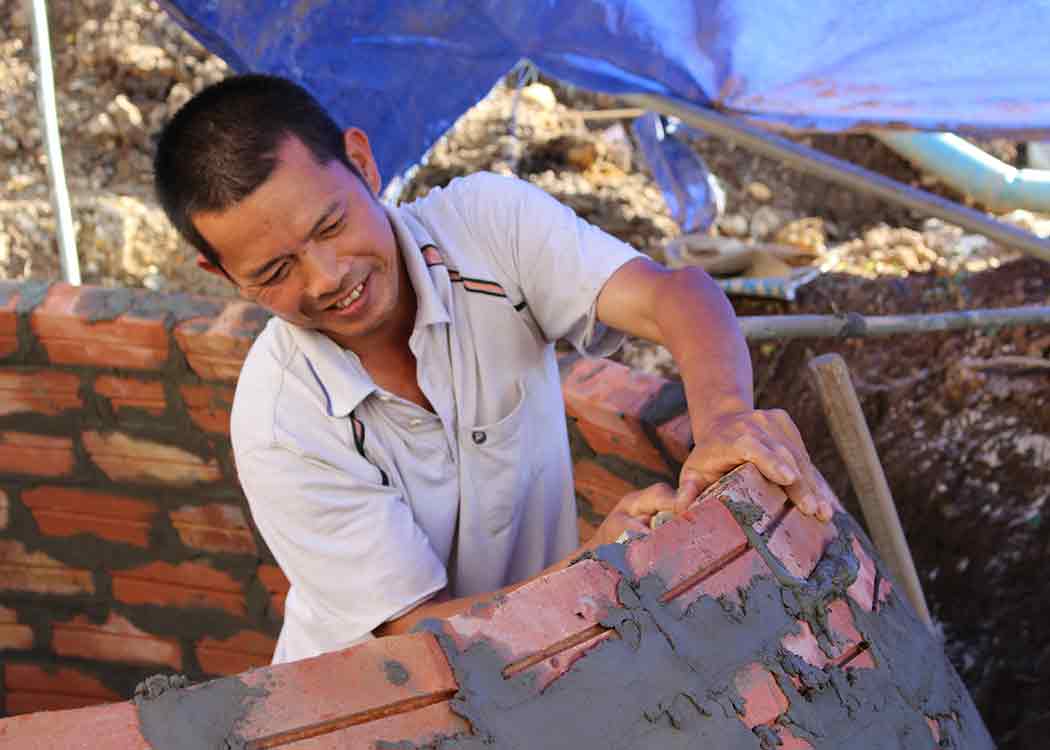
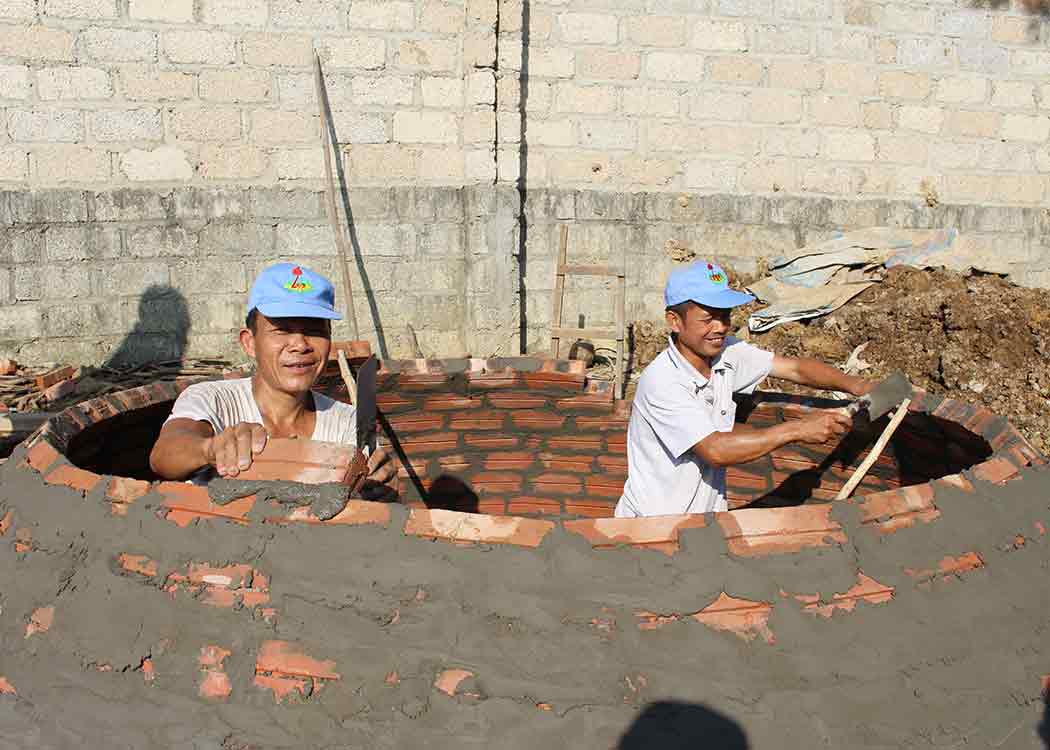
Offset your Travel Footprint
Calculate and offset the carbon footprint of your flight in seconds via our online carbon calculator! Already know your carbon footprint? Click the option to “offset now.”

